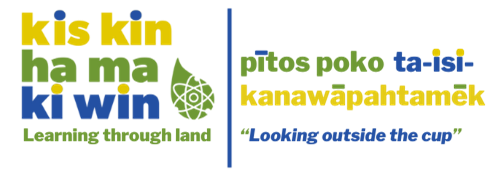EDUCATORS
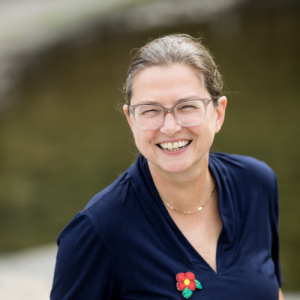
Dr. Farenhorst is a Professor, Department of Soil Science, University of Manitoba. Dr. Farenhorst’s natural science research focuses on the fate and distribution of current-use pesticides in soil and water, and particularly on chemical sorption by matrices such as soils, sediments, plants, humic substances, microplastics and biochars. Both her natural and social science research focuses on drinking water quality in First Nations reserves, including that her students are monitoring for bacteria, antibiotics, and antibiotic resistance genes in tap water and wastewater, and have been conducting surveys to better understand the impact of poor drinking water quality on First Nations. In addition, her team developed the Faculty Workplace Climate Survey that is administered to natural sciences and engineering faculty from universities across Canada, and has advanced Canada’s understanding of gender inequities experienced by academics.
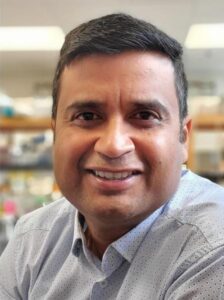
Dr. Kumar is a professor in the department of microbiology, University of Manitoba. He is also the Equity, Diversity, and Inclusion lead at the Faculty of Science. His research includes looking at water quality and antibiotic resistance in the environment.

Dr Collins is an Assistant Professor and Canada Research Chair in Arctic Marine Microbial Ecosystem Services Centre for Earth Observation Science, Environment and Geography, University of Manitoba. His research focuses on micro-organisms in the cryosphere and DNA sequencing.


Johnathon is a Guardian and Knowledge Keeper from Tataskweyak Cree Nation. Jonathon is also a hunter, fisher and trapper.
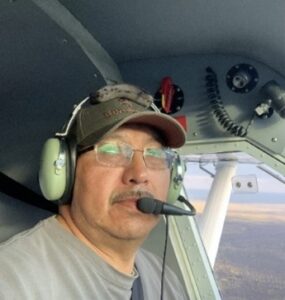
Joseph is a Gaurdian and Knowledge keeper from Tataskweyak Cree Nation. Joseph has been a member of the Tataskweyak Trappers association for the past 15 years. He is a traditional lands user and a commercial trapper in the community. Joseph is also the Programs Manager on the Adverse Agreement between Manitoba Hydro and Tataskweyak Creen Nation working on the Spring and Fall access programs. Additionally, Joseph is a commercial and private pilot for the community of TCN and Split Lake. He also works alongside Jonathon and Robert on other community issues surrounding the Churchill River studies and water quality.

Dr. Bobiwash is an assistant professor and Indigenous Scholar Department of Entomology at the University of Manitoba. Dr. Bobiwash’s lab focuses on understanding the ecology of beneficial insects in agro-ecosystems and the greater landscape. Their goal is to better characterize the landscape and resources utilized by insects to understand how land management might affect insect community composition and ecosystem service delivery.

Mike is a Guardian, Traditional Land User, Trapper, Fisher, and Hunter. He is also the Programs Director for the Traditional Resource Stewardship Centre, and the Administrator of the Tataskweyak Adverse Effects Agreement between Mb Hydro and TCN.
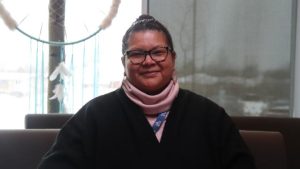
Dr. Ramona Neckoway is the Department head of Indigenous Initiatives and Reconciliation, University College of the North. As a member of a Hydro-affected community in northern Manitoba (Nisichawayasihk Cree Nation), her research has been shaped by the experiences and encounters of her family and her community.
For more than a decade, Ramona has listened to local perspectives as they relate to the many implications of hydropower. Drawing upon these perspectives and experiences, together with reflecting on broader implications of energy production on Cree homelands in northern Manitoba, she endeavours to create critical spaces that include Indigenous voices, histories, and perspectives thus aiming to open up possibilities for alternative narratives where hydropower and energy production in the north is concerned.
Dr. Neckoway is also the co-lead on an NSERC-funded project designed to offer opportunities for Indigenous youth to learn about science in a culturally relevant and meaningful manner. Shaped by both Indigenous customs and practices and Western scientific traditions, this cross-cultural initiative locates science education through land-based camps that are grounded in and draw from culturally rich Indigenous worldviews led by Indigenous Elders and other local knowledge keepers.
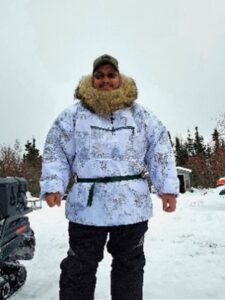
Robert is a Guardian, Knowledge Keeper and member of Tataskweyak Cree Nation, located in Split Lake, MB. He is a former elected Council Member, trapper, fisherman, hunting guide, and Traditional Knowledge Keeper. He once provided for his family as a commercial fisherman and fur trapper but had to leave the profession after the fishery became unprofitable due to declining fish stock. He is an advocate for the dwindling sturgeon populations, and devastating effects of Northern Hydro Impacted Communities.
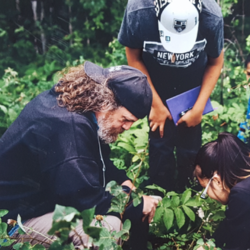
Stéphane is a Professor and coordinator of the Environmental Conservation Lab at the University of Manitoba. He joined the Department of Environment and Geography in 2003 and has been working at the University of Manitoba since 1999. Before that, he completed a Ph.D. at York University and did a post-doctoral fellowship at the University of Northern British Columbia.
Stéphane’s overall goal as an academic is to engage in research that at once makes contributions to the academic literature and benefits the livelihoods and environments of Aboriginal and rural communities and other stakeholders; to be an engaging, progressive, and responsible teacher; and to be of meaningful service to the university and society as a whole.
Currently, his research interests include risk and adaptation, alternative food systems, food justice, environmental justice, environmental health, participatory video, participatory research, conservation and restoration, and traditional knowledge.
